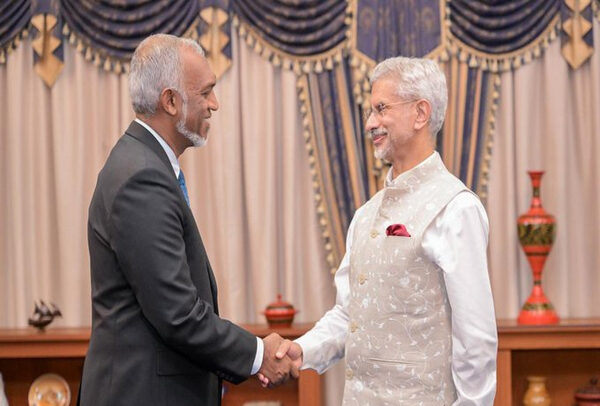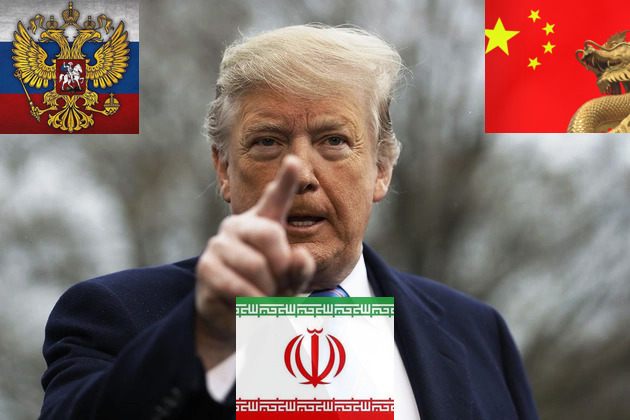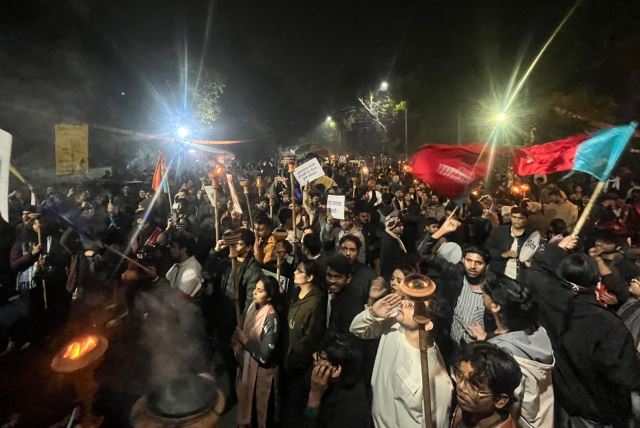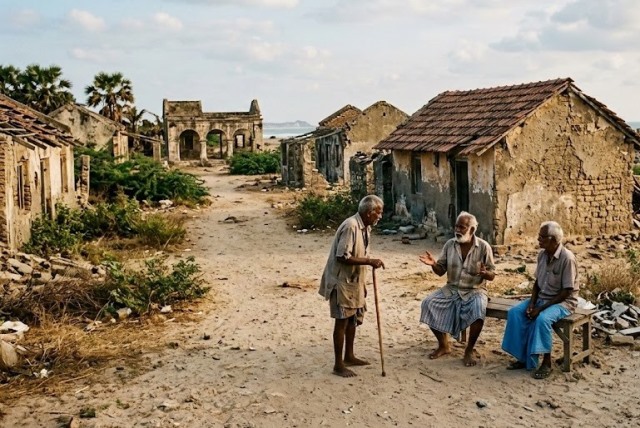
Maldives-India Relations: Need for Stability
Maldives is a geopolitically significant (albeit small) neighbour of India in the Indian Ocean Region and occupies an important place in its ‘Neighbourhood First Policy’ and ‘Security and Growth for All in the Region’ (SAGAR) Policy. The visit by Maldives’ Tourism Minister Ibrahim Faisal (July 30- Aug 3) to India leading the ‘Welcome India Roadshow’ in three Indian cities (Delhi, Mumbai and Bangalore) is aimed at increasing tourist arrivals from India and reversing the decline in tourist flow from India. He met Indian Minister of Tourism Shri Gajendra Singh Shekhawat on July 30. India topped the list of tourist arrivals in Maldives (with 200,000 tourists) in 2023 which has plummetted in 2024 down to sixth in the list.
Here it may be pertinent to recall that the context for this earlier dip in relationship was that President Mohamed Muizzu had won the September 2023 elections on the strength of the ‘India Out’ slogan and a pro-China, pro-BRI card.
What does Maldives gain?
It is true that this visit may address Maldives’ immediate concern (dip in Indian tourist arrivals). Maldives is the smallest south Asian country, with an economy heavily dependant on tourism . India assisted the Maldives by providing Balance of Payment support to the tune of $50 million in May this year.
Does it address India’s more significant strategic interests in the IOR?
The political dispensation in Maldives does have implications for the IOR dynamics which impacts India’s strategic interests. Maldives participates in various multilateral organisations. It is a member of the UN, SAARC, Commonwealth, OIC and NAM. The India-China border conflict had its impact on the Indian Ocean region and as an indirect consequence, Maldives could not become a member of the IORA for a long time. Only when a pro-Indian government came to power in Male in 2018 that Delhi was seen to support Maldives’ candidature for the forum. It has been pointed out that while such influence over admission may seem impressive, but it as a deletrious effect in creating opposition to the effectiveness of the IORA.
First, Maldives’ geostrategic significance makes Maldives prone to interference by Major Powers. Maldives happens to be the smallest South Asian country. It lies on the South Western tip of India in the IOR. Its geostrategic significance lies in that it dominates critical Sea Lanes of Communication (SLOCs). The West Asian oil to atleast three major countries- India, China, and Japan flow through these SLOCs.
India settled its maritime boundary with Maldives in December 1976 following similar settlement with Sri Lanka in June 1974. From India’s standpoint Maldives should be considered part of the Indian Ocean subregion (including within it Sri Lanka and possibly also Seychelles and Mauritius) but lacking any maritime connectivity between these islands and India it is no surprise they are more attracted to other connectivity frameworks like the BRI. Some analysts have also questioned the advisability of initially denying membership of the IORA to Maldives until such time as a pro-Indian regime came to power in Male.
Close proximity of Maldives has kept this island nation on New Delhi’s radar. In 1988 quick action by India’s Operation Cactus helped reinstall President Maumoon Abdul Gayoom faced with a coup. Indian Navy has played the role of first responder with humanitarian assistance during natural calamities such as the tsunami in 2004 with India’s Operation Castor, the water crisis in December 2014 and the Covid Crisis.
Second, the danger persists of Maldives being used as a base by terrorist/extremist forces. A 2009 defence agrement was signed to check piracy in the region and India helped set up radar stations on Maldivian atolls, patrolling its EEZ.
Maldives National Defence Force’s (MNDF) main task is maritime-centric being an expanisive, archipelagic nation with a littoral coast guard, including a small aviation wing and a marine corps. Maldives was previously cooperating with India develop for it a new coast guard facility near Male. In addition Maldives had signed a defence agreement with the US in 2020 and was developing a training centre on Maafilaafushi Island.
Third, Aid is a double-edged sword. Contrary to its desired objective, aid sometimes creates an “adversarial relationship” when nationalistic voices in the recepient country are raised against soveriegnty violation. If aid is not transformed into influence then business contracts may be cancelled.: this happened in 2012 when a new government in Maldives went back on a USD 500 million airport contract to an Indian firm.
India had less than 100 operators and maintenance personnel from the Services (not troops)who were stationed in Maldives to operate and service the Dornier and ALH helicopters in Maldives. They were there for HADR and EEZ surveillence alone. What had taken place was not ‘troop withdrawal’! India is known more for its medical assistance and building hospitals than stationing any troops in Maldives. India’s External Affairs Minister S. Jaishankar told the visiting Maldivian foreign minister, Moosa Zameer,that ties between the “close and proximate” neighbors depend on mutual interests and reciprocal sensitivity. A stable Maldives is in India’s interest.
(The writer has been a Senior Research Associate with MP-IDSA, New Delhi)



